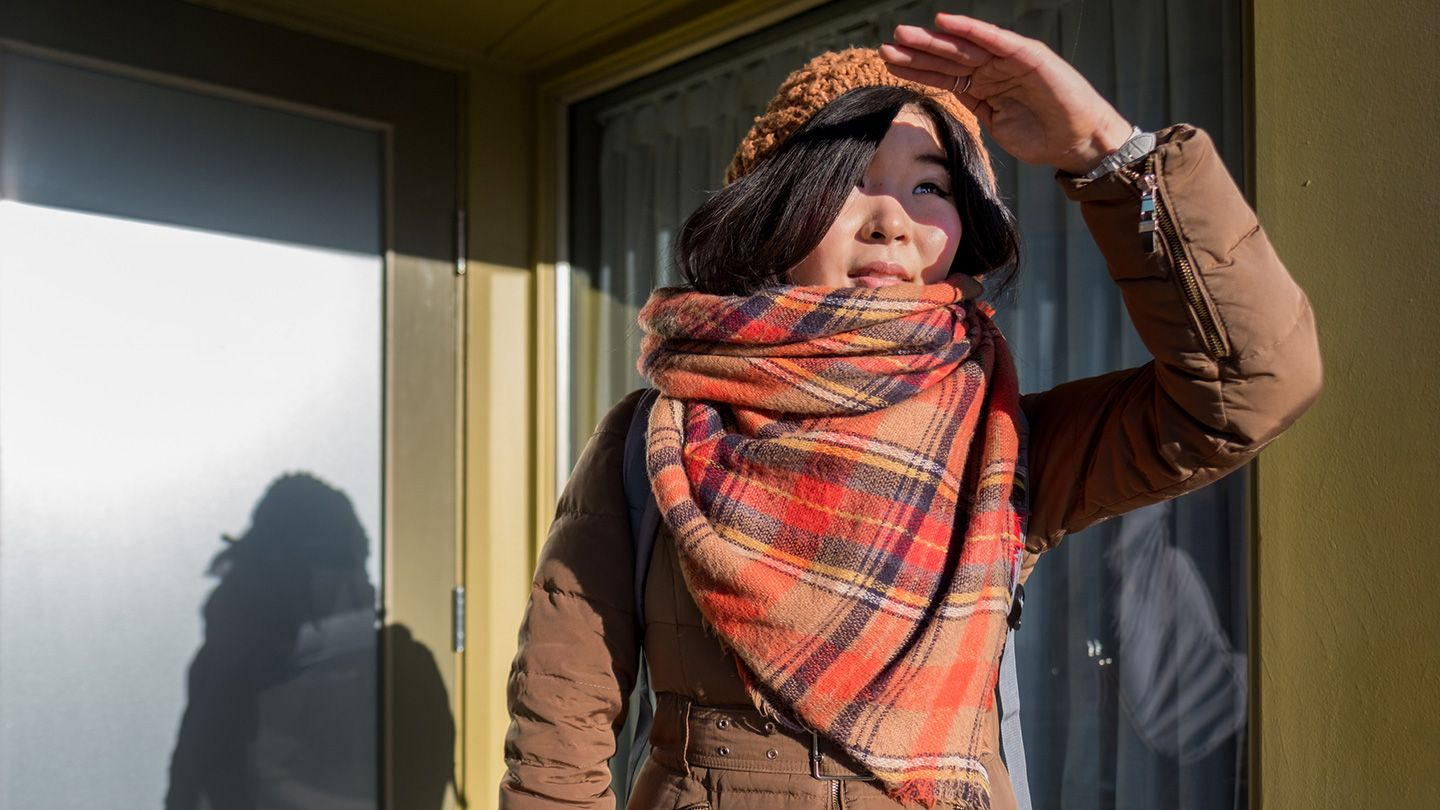As the days grow shorter and the nights stretch longer, many people find themselves grappling with feelings of sadness and gloominess during winter. The seasonal shift can impact our moods in various ways, often leaving us wondering, “Why do I feel sad during winter?” In this article, we’ll explore the underlying reasons for these feelings and share practical strategies to uplift your spirits during the colder months.

(image: getty images)
Understanding Winter Sadness
Health and well-being expert Dr. Radha explains that while it’s common to experience what is known as the “winter blues,” for some, these feelings can escalate into Seasonal Affective Disorder (SAD). This condition is linked to a variety of biological and psychological factors, primarily influenced by reduced exposure to sunlight.
Read more: Top 11 Christmas Hampers for 2024: The Ultimate Festive Gift
1. Hormonal Imbalances
One significant contributor to winter sadness is hormonal imbalance. Dr. Radha notes that shorter daylight hours can lead to elevated levels of melatonin, the hormone responsible for sleep, which can leave us feeling tired and lethargic. Additionally, diminished sunlight exposure can result in lower serotonin levels, negatively affecting our mood and appetite. Furthermore, our circadian rhythm—the internal clock regulating sleep-wake cycles—may also be disrupted, compounding these feelings of fatigue.

(image: getty images)
2. Perception of Free Time
During winter, the earlier onset of darkness can give the impression that our free time is limited. For many, evenings signify a chance to unwind after work, yet the inability to enjoy outdoor activities due to the dark can make life feel monotonous. This often leads to a tendency to stay in rather than seek out enjoyable activities, reinforcing feelings of sadness.

(image: getty images)
Practical Tips to Combat Winter Sadness
While we cannot change the seasons, Dr. Radha emphasizes that we can alter our perspectives and behaviors to feel better during winter. Here are some effective strategies:
Reframe Your Mindset
Instead of focusing on the negatives of winter, try to identify aspects of the season that you enjoy. Challenge yourself to find one positive thing each day related to winter. By the end of the season, you may be surprised at how many enjoyable experiences you’ve discovered.

(image: getty images)
Engage Your Senses
Your senses can play a powerful role in improving your mood. Utilize scents, sounds, and tastes that evoke happy memories. For instance, listening to a favorite summer song or enjoying a comforting drink can help transport you to sunnier times, reframing winter as simply a different experience rather than a dreary one.

(image: getty images)
Maintain Social Connections
Socializing is crucial for mental well-being, especially during the winter months when isolation can easily creep in. Schedule regular catch-ups with friends and family, whether it’s a planned outing or a casual get-together. Engaging in activities together can foster a sense of connection and provide emotional support.

(image: getty images)
Stay Active
It can be tempting to hibernate during winter, but physical activity is vital for maintaining energy levels and boosting mood. Consider joining group classes or exercising outdoors during daylight hours to enhance your spirits and create a sense of community. Regular movement not only lifts your mood but also increases confidence and self-esteem.

(image: getty images)
Read more: The Scientific Consequences of a Sedentary Lifestyle: What You Need to Know
By understanding the reasons behind winter sadness and implementing these remedies, you can navigate the colder months with a more positive outlook. Remember, embracing the season rather than dreading it can lead to a more fulfilling winter experience.
For more tips and support on maintaining your well-being this winter, be sure to follow our page for regular updates and inspiration!
Read more: Winter Elevates House Fire Risks: Causes and Essential Prevention Strategies


